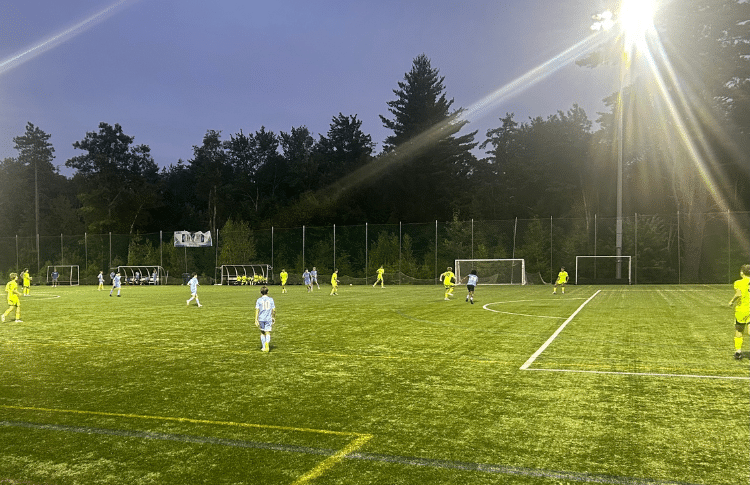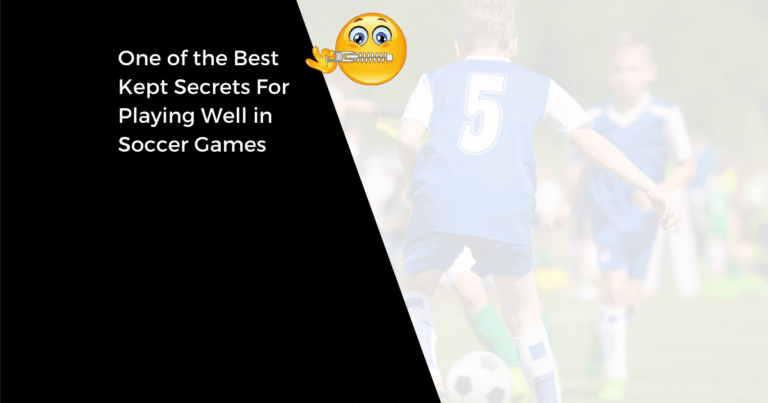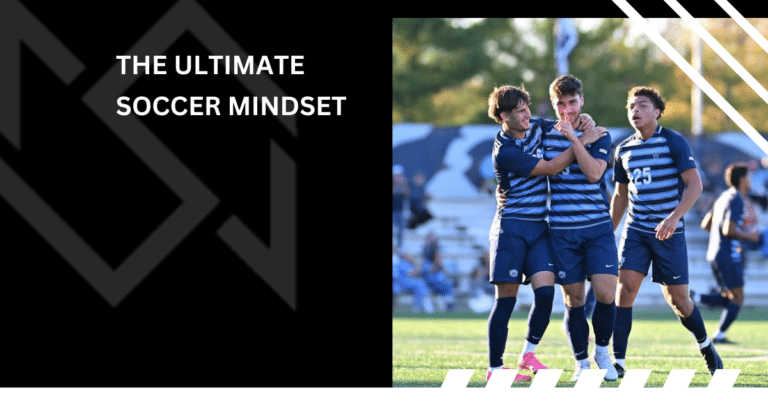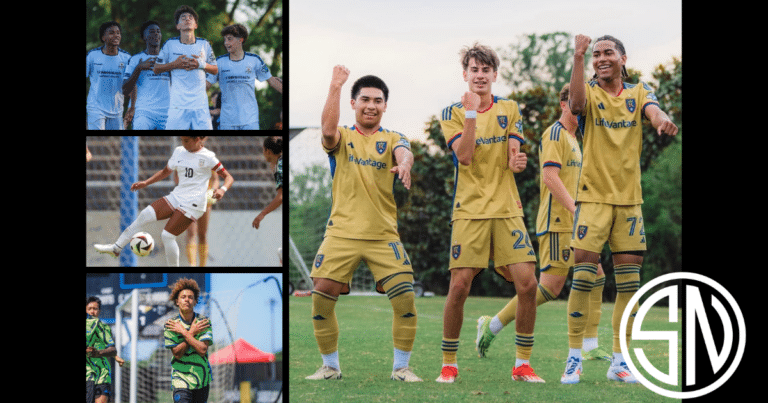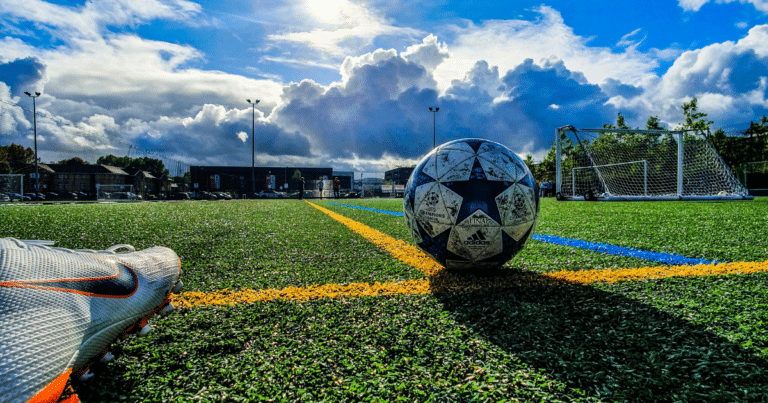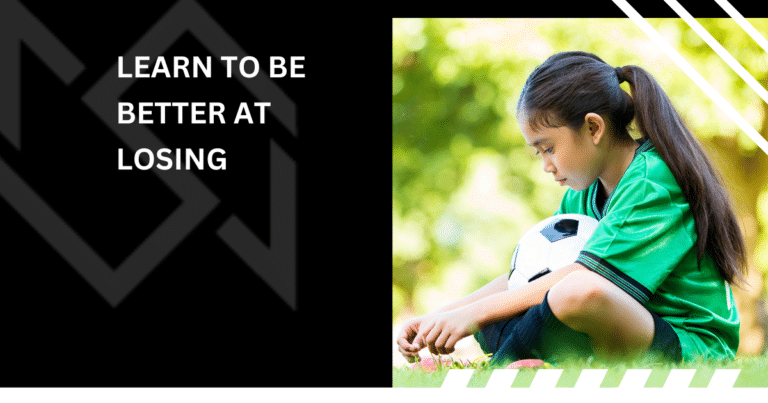Why the Fear of Making Mistakes Is Holding Players Back
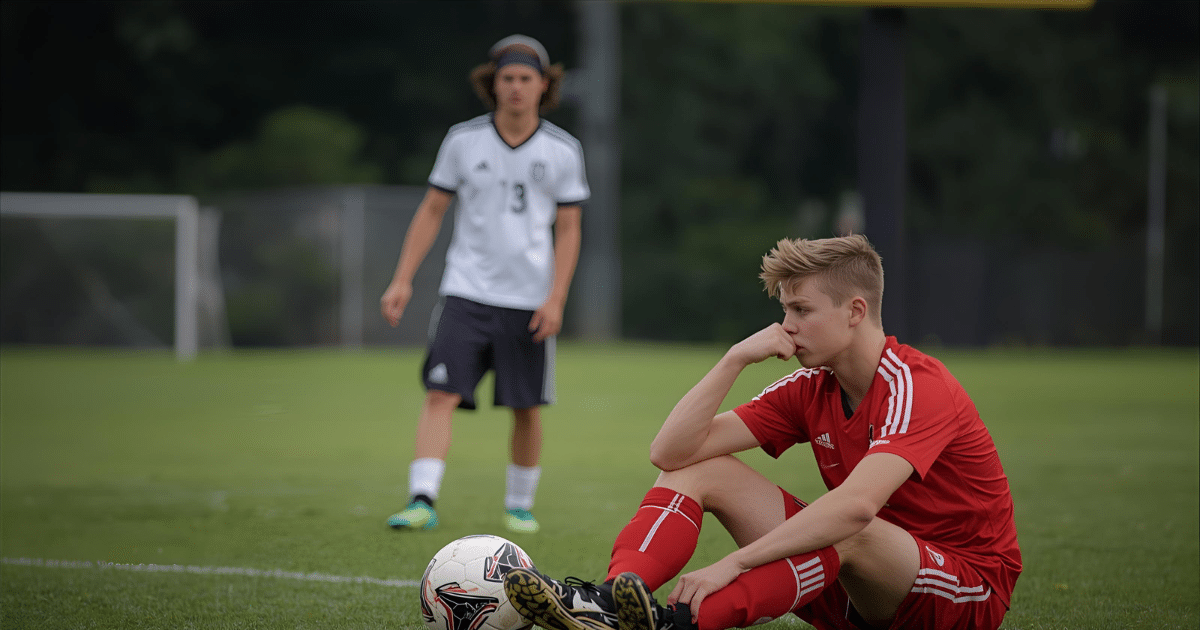
The biggest thing stopping young athletes from getting better isn’t lack of talent or training time – it’s being scared to mess up. This is real.
TL;DR:
Why Perfect Is the Enemy of Good
Here’s something that might surprise you: the best players aren’t the ones who never make mistakes. They’re the ones who make mistakes and learn from them the fastest.
When you’re afraid to mess up, your brain goes into protection mode. Instead of playing like you can, you second guess everything. Then, you play too safe. Instead of taking the shot, you pass it off. Instead of going in for the tackle, you hang back.
This might keep you from looking bad in the moment, but it’s killing your growth as a player.
Mistakes are practice opportunities in disguise. Every time you mess up, your brain gets new information about what doesn’t work. That’s actually really valuable data for getting better next time!
The Parent and Coach Problem
Let’s be real – sometimes the pressure to be perfect doesn’t come from inside your head. It comes from the adults around you.
Maybe your coach gets mad when you turn the ball over. Maybe your parents give you “the look” when you miss an easy shot. Maybe you get benched every time you try something new and it doesn’t work.
This creates a tough spot. You want to make the adults happy, but you also want to improve your game. Here’s the thing though: those two goals don’t always match up.
The best coaches and parents understand that mistakes are part of learning. They know that a player who never messes up probably isn’t pushing themselves hard enough.
Growth happens outside your comfort zone, and that’s exactly where mistakes live.
What You Can Learn from Watching the Pros
Next time you watch a pro game, try this: count how many mistakes happen. Not just the big ones that make highlights, but all of them.
Missed shots. Bad passes. Fouls. Turnovers. Lost balls. Wrong reads.
You’ll probably lose count pretty fast. Even at the highest level, players are constantly messing up. The difference is they don’t let it stop them from trying again.
Pro players know something that many young athletes don’t: mistakes don’t define you. What you do after the mistake is what matters.
The Magic of Permission to Fail
Imagine playing with zero fear of messing up. How different would your game look?
You’d probably try moves you’ve been too scared to attempt. You’d take shots you normally wouldn’t. You’d play with more creativity and confidence.
This is what happens when you give yourself permission to fail. Your whole body relaxes. Your mind gets clearer. You start playing like the player you actually are instead of some scared version of yourself.
When you stop trying to avoid mistakes, you start focusing on making plays instead.
How to Make Friends with Failure
Start small. Pick one practice session where you promise yourself you’ll try something new, even if it might not work. Fail on purpose.
When you mess up (and you will), don’t beat yourself up. Just notice what happened and file it away for next time. Treat it like data, not a personal failure.
The Bottom Line
Playing scared might keep you from looking bad today, but it’ll definitely keep you from being great tomorrow.
The players who improve the fastest aren’t the ones who never mess up. They’re the ones who mess up, learn something, and then try again with that new knowledge.
So go ahead. Make some mistakes. Your future self will thank you for it.

Written By: SoccerNovo
SoccerNovo is an independent youth soccer media brand built to help parents, players, and coaches better understand the game and the pathways available in U.S. soccer. Our mission is to make youth soccer simpler, clearer, and more accessible for everyone involved in it.
Let’s connect


